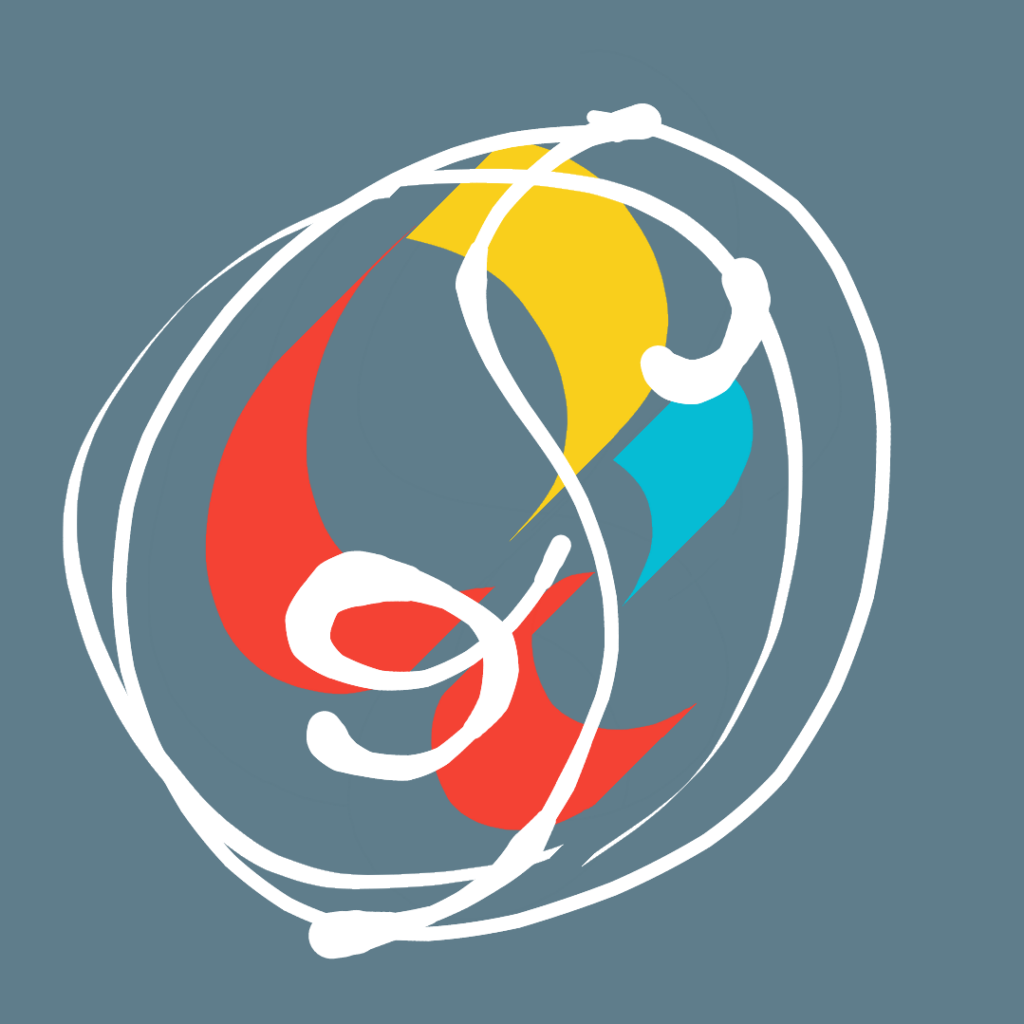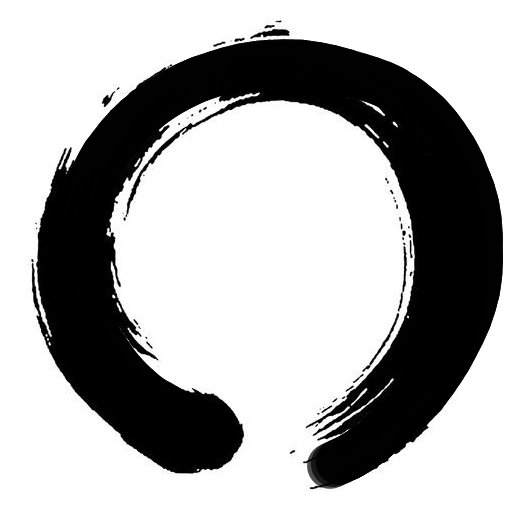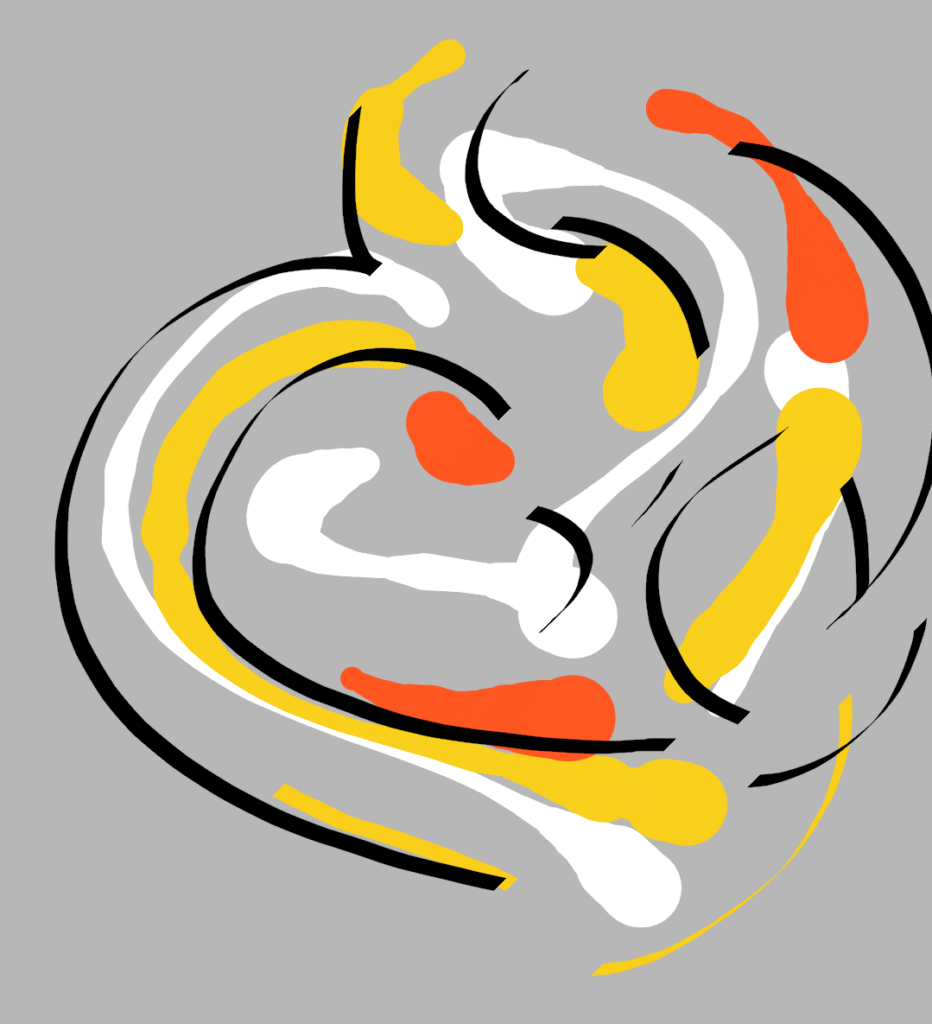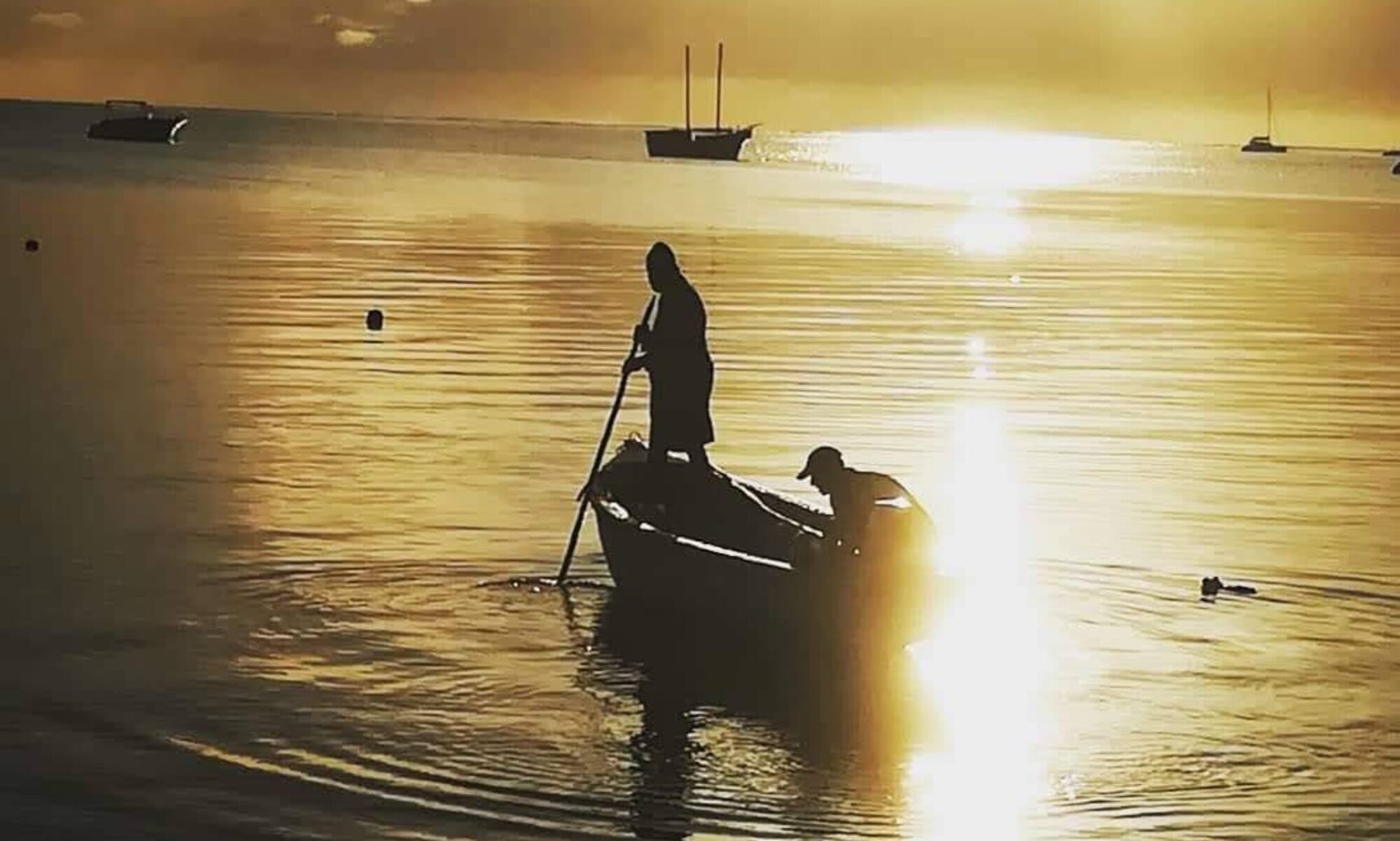The Way that can be named is not the true Way — Lao Tzu
The menu is not the meal — Alan Watts

There is an Eastern story of a scholar who was determined to learn all there was to learn. He was relentless in this pursuit, studying vast bodies of knowledge at renowned schools of the day. What else is there to learn? he asked his teacher as he completed his final course at an illustrious academy. Well, said the teacher, there is a sage who lives on an isolated island in a lake who is said to have mastery over many deep mysteries. The scholar immediately arranged for a boatman to travel to the island.
On the island, he found the sage sitting in quiet reflection in a little hut in the woods. The scholar introduced himself, his credentials, and his great quest for learning and asked if the master would teach him something truly important. The sage obliged, reciting a mantra about humility. In a flash, the scholar interrupted him, correcting the master’s pronunciation of the verses. He then recited the verses in the way he had learned at a distinguished school. The sage followed the scholar’s instruction, dutifully reciting back the verses. The scholar, deciding that he had little to learn from the old man, swiftly gathered his things and made it back to the boat. On the way back to the mainland, the boatman stopped rowing suddenly, his mouth agape. The scholar turned around to see the sage walking on the water to the boat. When he caught up with the boat the sage bowed and asked the scholar, “can you recite the verse again? I wasn’t sure I got it quite right. “
The story illustrates the difference between knowledge and wisdom. The scholar was learned with a vast internal library of knowledge, but the master was wise with great capability and humility. Asked to teach, he was able to discern what the scholar needed to learn, and then taught not by telling but by example. In this way, he didn’t simply add incrementally to what the scholar knew but transformed his very worldview.
The Book of Proverbs says, “When pride comes, then comes disgrace, but with humility comes wisdom.” The Tao Te Ching echoes this point. It begins with the verse, the Way you can see is not the true or eternal Way. There is always something beyond our knowing. The wise ones know that the more you know, the more you know that you don’t know. This is because we are most aware of what we don’t know just on the periphery of our knowledge. When we know little, the periphery of awareness is small. To learn, a Zen teaching offers that we must first empty our cup a little, for the cup that is already full can hold no more liquid. If we think we know, we can’t learn.

The Zen symbol of the enso, the incomplete circle, represents form (what is seen) and void (what is unknown) in a graceful dance (more about this concept in the future). The visible form of the line sits in the greater field of the unknown.
This acceptance of the larger field that lies beyond what we know was also expressed by Gandhi who said, “I do not want my house to be walled in on all sides and my windows to be stuffed. I want the culture of all lands to be blown about my house as freely as possible. But I refuse to be blown off my feet by any.” But Gandhi was willing to be continually challenged and evolve his thinking.
The sage in the opening story offered a lesson about humility with no words of instruction, only action and example. The menu is not the meal, said Alan Watts. The finger pointing at the moon is not the moon is a famous Zen saying. The sage chose not to cocoon himself in libraries but in solitude, near nature and the greater source.
In the story of the sage and the scholar and expressions of Watts and Gandhi, we see that wisdom is not ignorance nor the acquisition of more and more knowledge; it is seen in the willingness to embrace what we don’t know and to bow to the mystery of all that is unknown with grace and humility. To paraphrase Shakespeare: The wise man knows he is but a fool. Only a fool believes himself to be wise.

For my part, I see that much of my own quest has been like the scholar chasing knowledge. I accumulated degrees and filled my home and office with piles of books and papers that covered every surface. I was hungry to absorb as much knowledge as I could, yet each door led to more doors. Much of what I read quickly vaporized, for it was not truly experienced or lived (more on the process of learning in another post). What stuck with me were the simply stated and somewhat inexplicable expressions found in short works like the Tao Te Ching that challenged my worldview. What these works offered, much like the sage in the story, was a call to contemplate the question and the empty space beyond the lines. The biggest revelations came to me not within the pages of books, but in space of reflection. My journey continues and I try to throw open the doors and windows of my rooms rather than fill them with books. I understand better now the wisdom of Rumi: Sell your cleverness and buy bewilderment.

Very well written Lyndon. Good luck with your journey.
Thanks Winston!
Thanks very much for this project. I enjoyed and was challenged by this story. Best wishes
Thanks much! Yes, it is a challenging perspective for us who have worked hard to pursue knowledge.
Very interesting read. It provides a lot of food for thought. Thank you.
Thanks for writing back!
This is a profound lesson in humility!!. Thanks for sharing it.
Thanks Althea. It is work we all have to do!